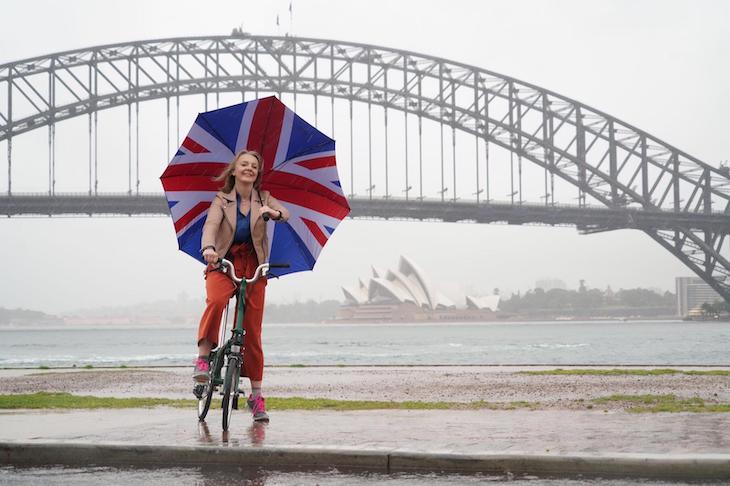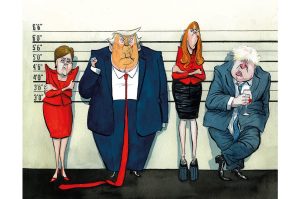Will the UK agree a trade deal with the US? Such an agreement has long been cited by Leave campaigners as a prize for Brexit Britain. When Donald Trump became President it was seen to increase the chances of such a deal being struck. While Barack Obama had suggested the UK would be at the ‘back of the queue’, Trump suggested a deal could be thrashed out quickly. However, the idea of it being agreed before the US election now seems unlikely.
As the UK and US begin a second round of negotiations, America’s chief negotiator Robert Lighthizer has warned that a deal is unlikely to be approved before the US presidential election in November: ‘That would be very, very, very quick time. I think it’s unlikely that that happens’. Even if the terms were agreed, it would need to go through congress which on the pre-election timeline is difficult: ‘It is almost impossible unless the members [of Congress] decided they want to do something extraordinary, to have it actually come before the Congress before November.’
This won’t come as a surprise to anyone in the British government. The idea of having a deal rubber-stamped before the election has been viewed as a very difficult ask for some time. Instead, the ambition is to get an outline framework agreed by September. Should Trump be re-elected, this could then proceed to Congress in the spring and ratified by next summer. But even this timetable is viewed as a best-case scenario on achieving a trade deal – it could take much longer. Should Joe Biden win the election, the whole exercise would most likely need to be revisited.
But the biggest obstacle to a trade deal remains agriculture. In his comments, Lighthizer cited disagreements over US agriculture exports and UK taxes on tech companies as ‘very, very fundamental issues’ that need to be worked out. The US side wants access to the UK market for American farmers, which is a cause of division in the Tory party.
At present, the workaround suggested by the government is a ‘dual tariff’ system that would allow US imports but could also allow ministers to use high tariffs to make it economically unsustainable for more controversial foodstuffs to be sold here. There is a divide in cabinet over the balance that should be struck between protecting British farmers and keeping UK food standards high and allowing imports that will mean cheaper food on the supermarket shelf.
[special_offer]
British environment secretary George Eustice is viewed as leading the argument to protect UK industry while international trade secretary Liz Truss is in favor of more competition. As for the parliamentary party, there’s a split forming between a number of the new intake of MPs representing ‘red wall’ seats pushing for cheaper food to be prioritized and those MPs representing traditionally Tory rural constituencies. In a sign of the tensions, a senior Tory on the free trade side of the argument put it to me earlier this month: ‘We’re in real danger of a once-in-a-lifetime chance to do a trade agreement with the United States being hijacked by a bunch of Waitrose protectionists’. Whatever pace the trade talks proceed, this is a debate that will be ongoing.
This article was originally published on
The Spectator’s UK website.


















